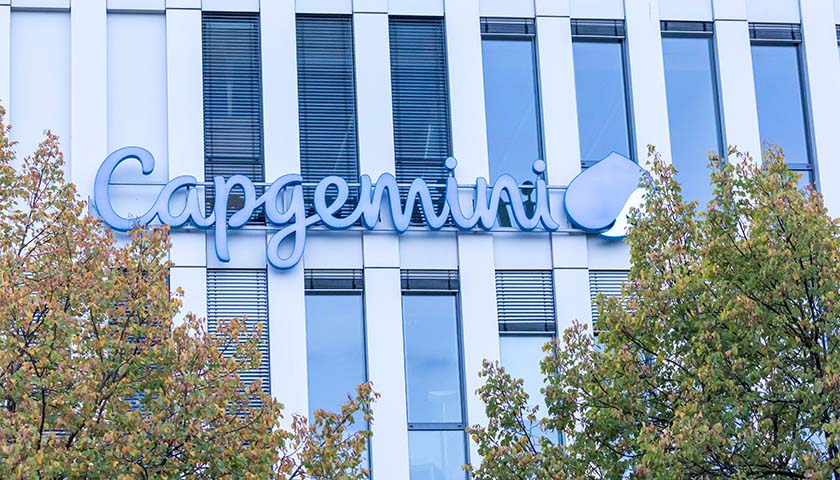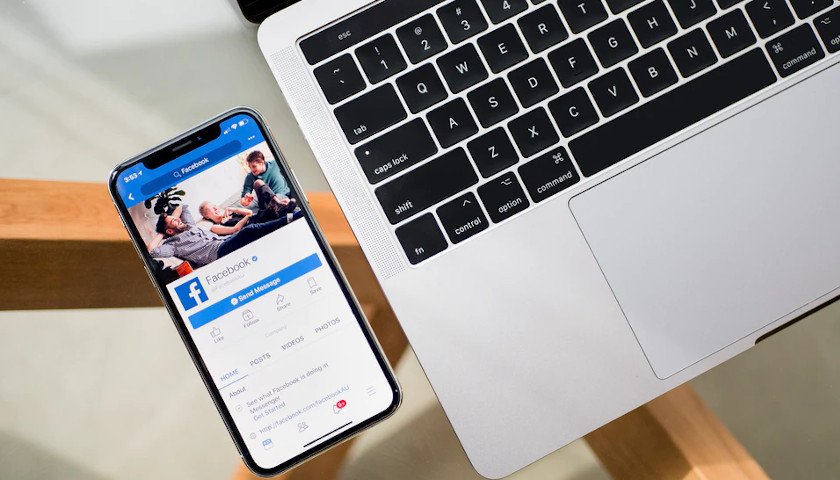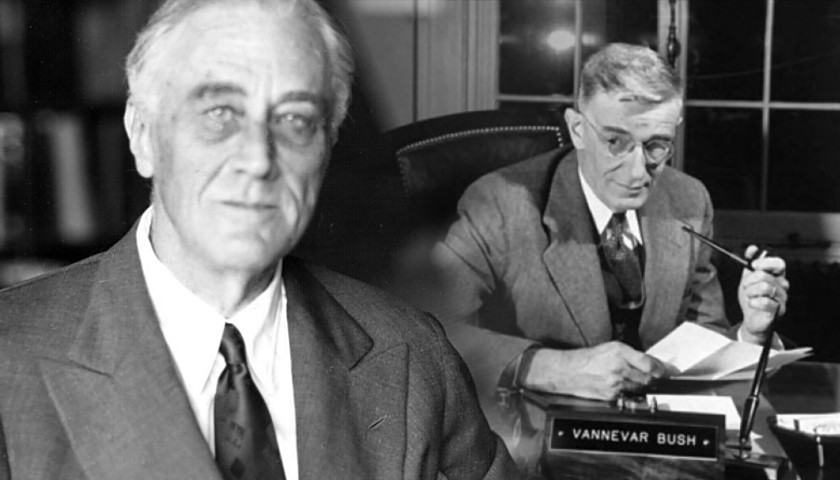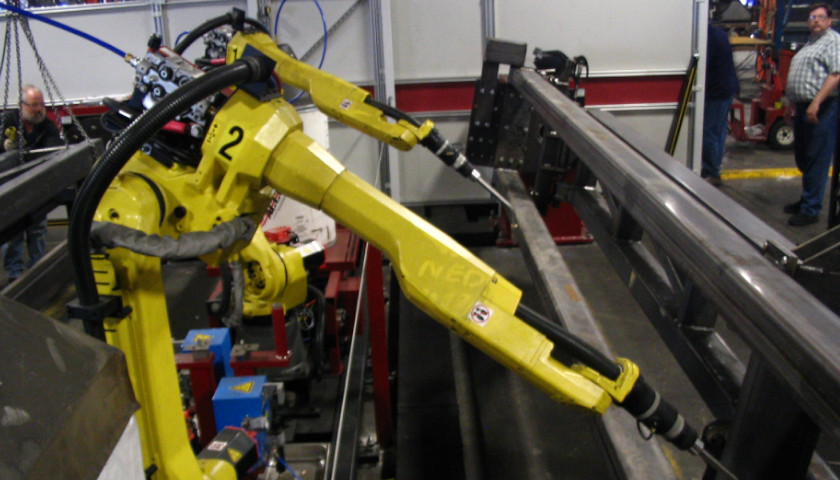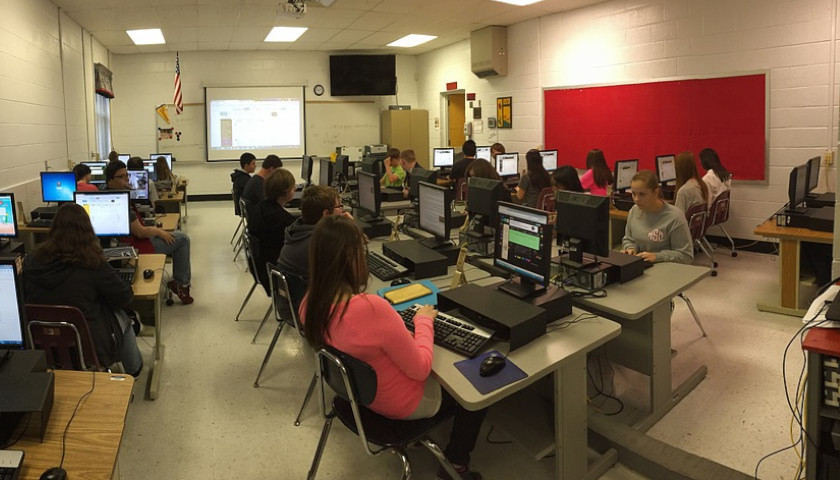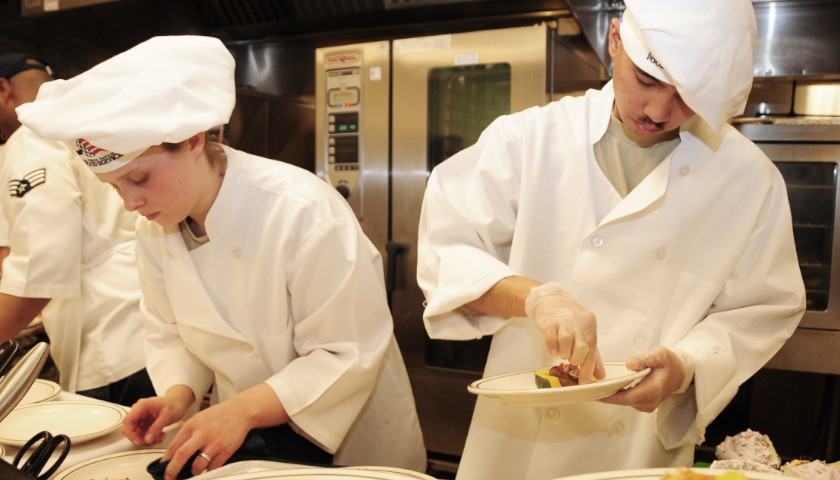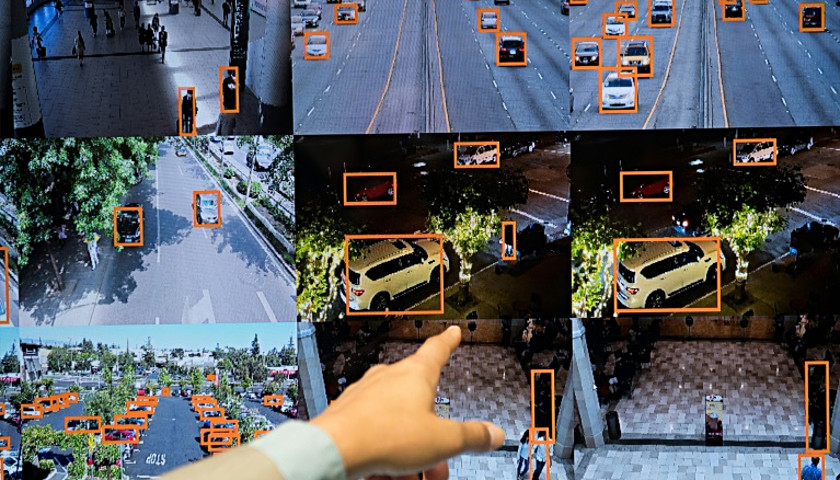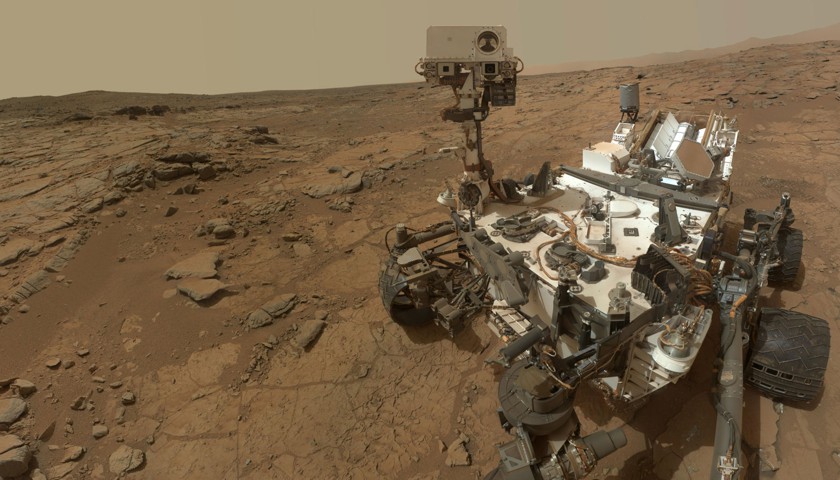The year is 2022. The place: a New York City so overpopulated that everyone is sleeping and dying on outdoor stairways. All sweating like pigs because of global warming. People have become unwitting cannibals because there is no more food. Elites still dine on delectables, but all that remains for the hoi polloi is the promise of a green wafer allegedly made of plankton, but in reality “It’s PEOPLE!!”
That’s the setting of the over-the-top 1973 movie “Soylent Green,” produced in the wake of Paul Ehrlich’s classic fear porn book The Population Bomb. Time has proven Ehrlich’s predictions of mass starvation due to population growth to be massively wrong. Ehrlich also lost his famous wager with the economist Julian Simon who predicted a more prosperous world. Still, Malthusian propaganda dies hard because it’s such an effective tool for social engineering.
“Soylent Green” is a random example, chosen because its year 2022 happens to be upon us. Certainly, dates and science used in science fiction have a heavy emphasis on fiction. The “Blade Runner” rebellion of genetically designed replicants was set in 2019. And, of course, Big Brother ruled in George Orwell’s 1984. Though much has come to pass, including genetic engineering and the surveillance state, there’s proof enough that we can’t predict the future with certainty.
Read the full story


